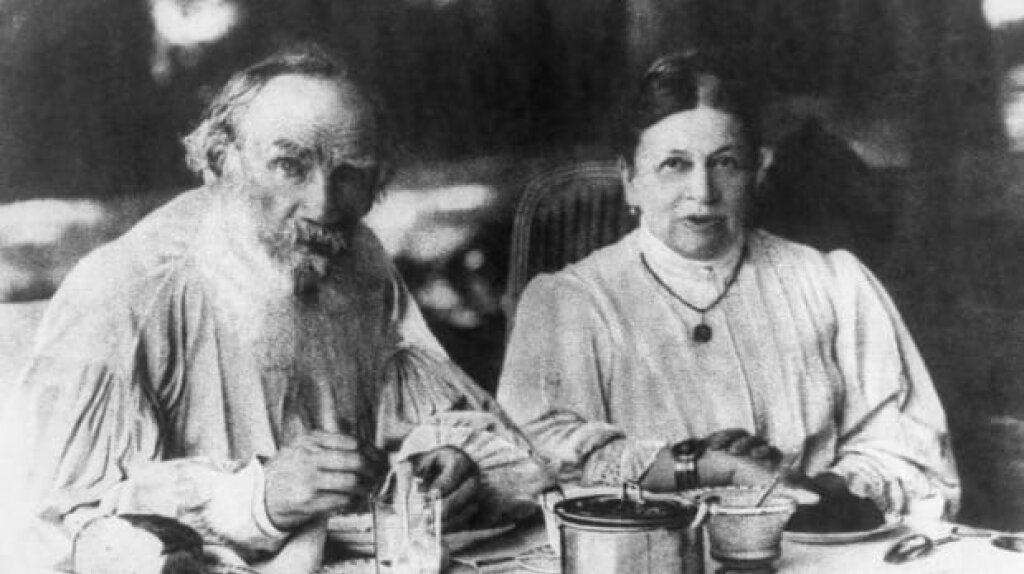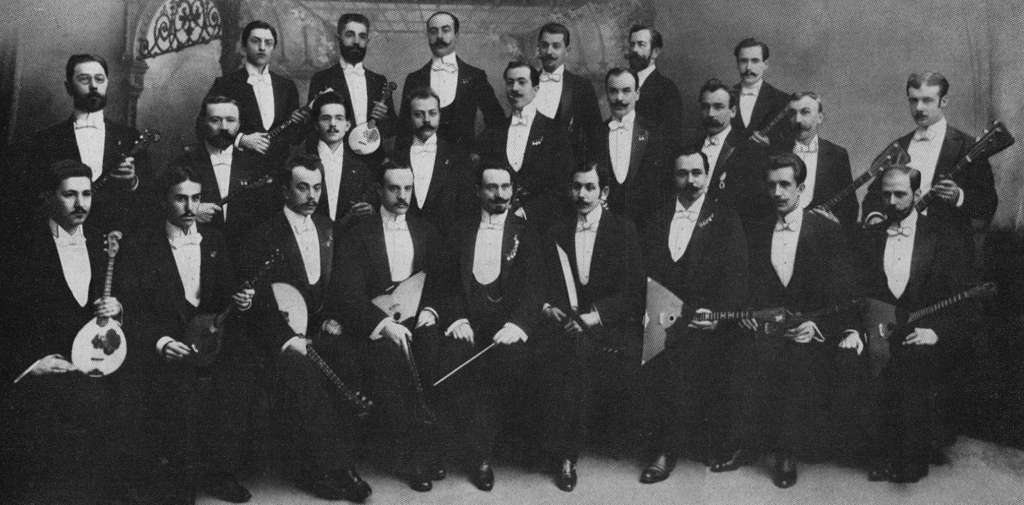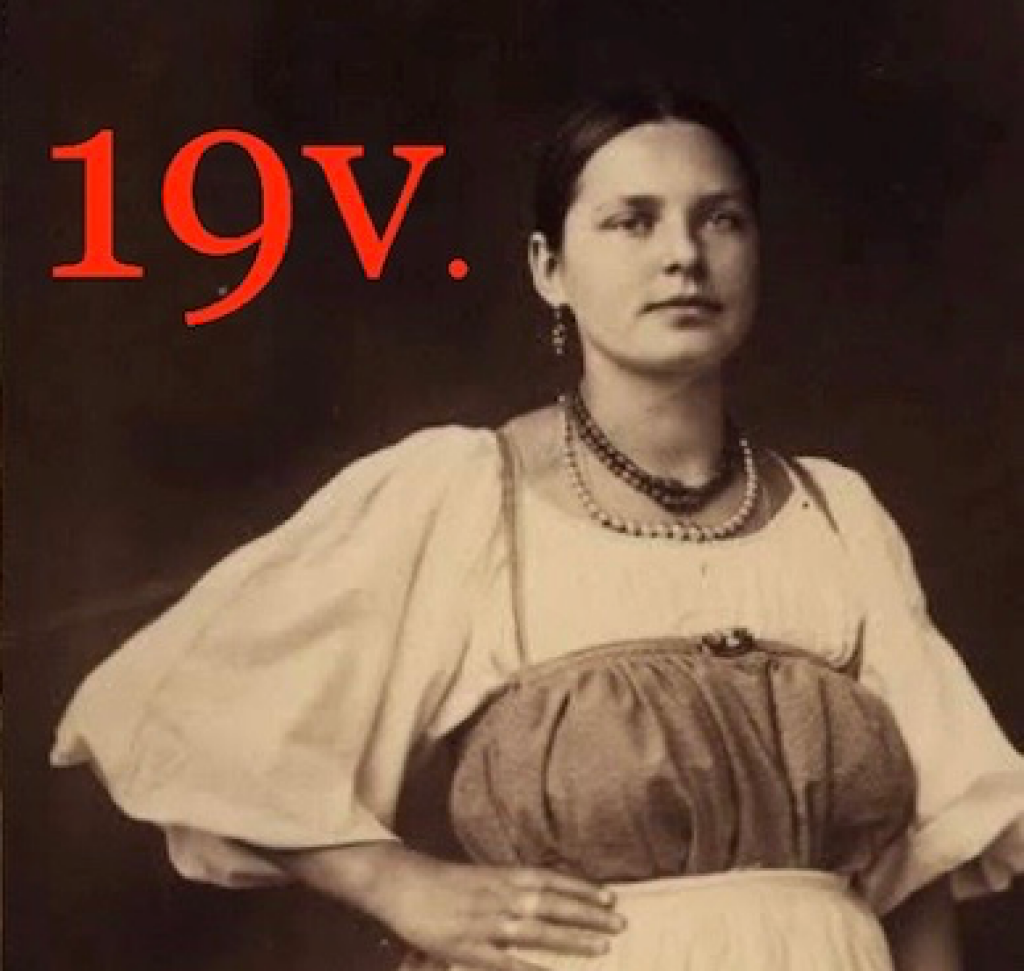Ani Kokobobo is an Associate Professor and Chair of Slavic Languages and Literatures at the University of Kansas.
We are all isolated these days, so it is easy to think and write about isolation and community. It is really wonderful to see us bridging our pandemic isolation through an almost presciently-timed initiative, spearheaded by Anne Lounsbery and others, on nineteenth-century Russian studies. This is the first of several blog posts as part of this initiative, which I think can be tremendously beneficial to all of us by fostering community and intellectual connection around our shared research interests and sub-interests.
My personal hope is that a significant subgroup in this broader initiative can revolve around the serious discussion of gender and sexuality among scholars of nineteenth-century Russian literature. I say that first out of interest in these topics, and the tremendous richness with which they are represented in that subfield. But also because, as a scholar of nineteenth-century Russian literature, I feel considerable scholarly isolation when working on questions of gender and sexuality. I think colleagues treating twentieth-century, Soviet, and post-Soviet topics have done considerably more work on gender.COVID or no COVID, more dialogue with colleagues on these questions in the context of nineteenth-century studies would be highly productive.
As a graduate student in Russian literature, I wrote a dissertation — eventually a book — about the body and the grotesque in nineteenth-century realism. As I look back, I can’t help but think that mine was a book that desperately sought to be about gender and sexuality. And it would have been about those things, if I were comfortable writing about gender or had the training then to do so. But the field of nineteenth-century Russian literary studies has tended to be more conservative about theory. I read Judith Butler and Foucault in grad school, but felt too intimidated to work with them, let alone Jack Halberstam and others. Instead, since I knew Bakhtin (nashi), I relied on his theory of the grotesque to talk about the body and not talk about sexuality. I talked about protruding bodies seeking to connect with the world, being integrated into other bodies — all the while dancing around and keeping at bay the menacing, actual penetration…of intercourse.
When I developed the dissertation into a book, like an out-of-whack Ouija board, the project kept trying to steer me toward gender and sexuality. I added a chapter that dealt heavily with sexuality in Anna Karenina — but almost accidentally so. I kept still talking about the grotesque, but what I was interested in was how sex could be grotesque. When I turned to writing the conclusion, I found myself reading Laura Engelstein’s book on the nineteenth-century fin de siècle and forging all kinds of connections to sexual themes. I went back over my own book trying to say many things about sexuality that I wished I have said, but hadn’t. At some point I realized that the conclusion could not be an abstract of the book I wished I had written. It had to conclude the book at hand, which was not about sexuality.
As I started on a second book project, this one about Tolstoy only, I found myself following a similar protocol, having by then mastered all kinds of ways to analyze the body without talking about sex. Surely, I could write about the “seer of flesh” and dance around sexuality...again. I could talk about all of its philosophical implications and vulnerabilities and not its sexual properties. If, at least for Tolstoy, the body is inherently perched somewhere between death and sex, I could surely describe Tolstoy, Russia’s great poet of death, without breaking out of my own comfort zone. And I started to do so, until I found that I couldn’t.
I couldn’t because 2016 happened. A certain “pussy-grabber” became in charge of our country, and I finally allowed myself to confront the terrible weight of misogyny here and elsewhere. It's all terribly familiar — you can’t have been in a Russian subway or an Albanian bus as a woman and not felt triggered when someone talks about “just grab[bing] them by the pussy.” Nor can you be a woman laboring away somewhere for a department or an institution and not feel the crushing, horrible certainty of seeing the woman come last when, by all accounts, she deserved to be first. We can persist, but Tolstoy, with his estrangement and perpetual obsession with truth, no matter how horrible, taught me to not normalize evil. He also taught me to confront even my greatest pain and vulnerability and find strength in that confrontation.
What was peculiar about my own reaction to 2016 as a scholar of the Russian nineteenth century was that I found myself perpetually thinking about Anna Karenina and her death, and associating that train crushing her at the end with the weight of misogyny crushing Hillary (yes, Hillary also should have campaigned in WI, but both things can be true). The connection between Hillary and Anna was by no means a carefully proven one, but it was intrusive to me, and as a literature scholar I’m comfortable with my subjectivity.
In fact, throwing professional distance to the wind for a moment, I’ll say that there have been few life journeys that I’ve taken without Tolstoy. After Hillary lost and in the aftermath of the #MeToo movement, I decided, as many others, that I really didn’t care about how things were properly done, that I would speak my feminism more loudly, and would take a more deliberate turn toward gender and sexuality in my writing and scholarly pursuits. My book about Tolstoy and the body became a book about Tolstoy and sex. This was a considerable turnaround for me. And if confessions are in order, I was the person who refused to take a course on women writers as a graduate student, because “gender stuff” was not important. I was wrong.
When I tell colleagues in other fields that this is a book I’m writing, they’re surprised it hasn’t been written before. I am too. But I am also grateful because I’m having a blast. Pieces of the topic have been addressed. But many haven’t. I’ve had people I respect in the field of nineteenth-century studies remark to me after reading my work that it seems to really make sense, even though sometimes gender analyses can tend to feel forced. Maybe they are, sometimes, but sometimes they are also pertinent, and what actually feels forced now is the status quo of not addressing gender seriously. I really enjoy what I do, I enjoy the field and am devoted to our area of study. I don’t really know what drives this particular avoidance act, and I am not sure that part really matters. I’m also not pointing fingers in any way. For years, I similarly felt that the study of gender was just not something I did.
An ASEEES panel from a couple years ago comes to mind — maybe it was about Dostoevsky, maybe about Tolstoy — let’s leave that ambiguous. A number of colleagues I know and respect were dancing around sexuality much in the way I do in my own book, until they accidentally stumbled upon the actual subject. At that moment they broke into laughter and puns instead of having a serious and substantive discussion. I laughed along, because it was funny, but I’ve remembered that moment for a while and have since thought about how long overdue a serious and substantive discussion of sex and gender is in the field of nineteenth-century Russian literary studies.
For me, when approaching this topic, the big question was whether I could truly find enough in Tolstoy beyond sheer loathing of women to be able to write the book and inhabit his thinking for as long as that would take. I was worried at first. Misogyny is so widespread and normalized, and certainly, the narrative of Tolstoy the misogynist is well-established.
I can pinpoint clearly to the moment that I decided I would be fine with my project. It was when I read Andrea Dworkin’s chapter about Tolstoy in her book Intercourse. Although Dworkin wants to hate Tolstoy for his treatment of his wife, Sophia Andreevna, and his treatment of her as an inert vessel for his sexual release, she ultimately cannot fully do so. Instead, she sees the visionary in him, viewing his distaste for intercourse, both “the nature of the act” and the “inequality of the sexes intrinsic to it,” as a demand for “radical social change.”
What Dworkin means is that Tolstoy sees the violence and destructive nature of sexuality in patriarchy — for both men and women — and seeks new kinds of relationships among individuals. Perhaps his alternatives are thoroughly “androcentric” in nature, but they also function as an alternative to patriarchy. After all, what was the aged Tolstoy doing but escaping his role as hallowed patriarch at the end? He could be reformer of the patriarchy and a terrible husband — both those things could be true, too. And if Dworkin had found a way to make tenuous peace with Tolstoy and his ideas about gender, surely so could I. I’ve been with the old man and his diaries and books for a good long while now; I’m two thirds of the way into the monograph. I don’t mean to whitewash, but inhabiting his thinking about gender and sexuality has not been quite as problematic as I thought it might be. Rather than Tolstoy the misogynist, I’ve been seeing Tolstoy the gender theorist. I hope to tell that story well.
Given my current state of isolation, I imagine I’ll be making rapid progress on my project in the coming months. I would love the opportunity to share my work and have collective discussions in the context of a specialized working group/working papers on gender and sexuality in nineteenth-century Russian literature.
I had the unique pleasure of experiencing such productive group discussions during a gender and sexuality in Russian realism conference here at the University of Kansas last year. It was interesting to see colleagues bridge some of the discomforts with gender that I’ve already mentioned. As academics, we are all very prone to imposter syndrome and cherish our intellectual comfort zones, but moving outside of them can be profoundly enriching and powerful. And any move in a new direction is better weathered collectively. Much of the nineteenth-century literature we read delves very seriously into questions of gender and sexuality — we might follow the lead of the authors we love and explore with them. If you are interested, get in touch, and we can engage in some socially-distanced, Zoom discussions.



